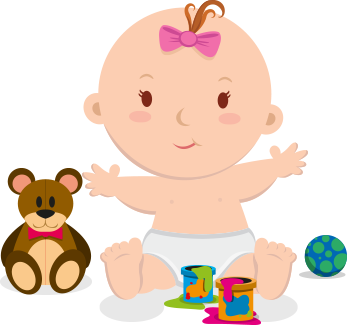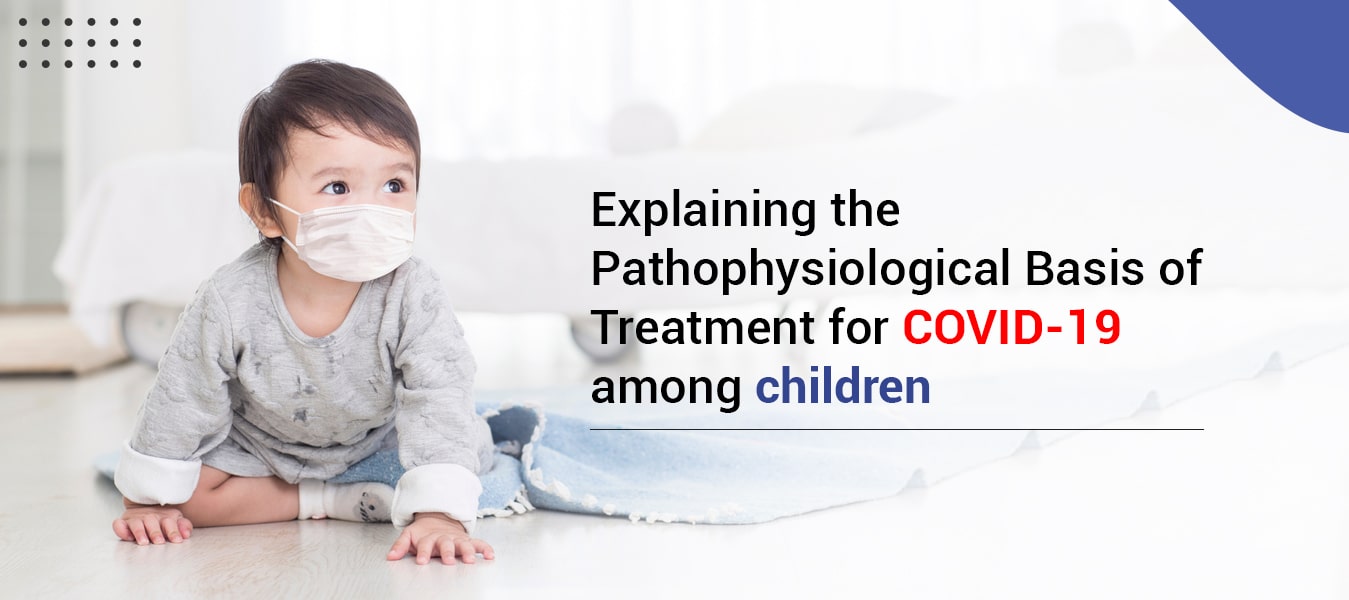Explaining the Pathophysiological Basis of Treatment for COVID-19 among children
The impact of the COVID-19 pandemic on children is a great concern around the globe. International organizations like the UN and other global agencies like WHO and UNICEF along with national-level agencies in India are continuously working on reducing the impact of COVID-19 among children. According to the child hospital in Agra, when a child or adult gets infected, the course of the treatment for the disease depends on several factors including the immunity level of the child, age, viral load along with the multiple comorbidities that are associated with hypertension, dementia, uncontrolled diabetes, heart diseases, pulmonary ailment, etc. After contacting a COVID positive patient, the minimum period for a person to get infected is 3 days. In this period, the person can spread the disease to other individuals. Thus, the treatment should be initiated during this period.
According to the Pediatrician in Agra, from a treatment point of view, there are two kinds of phases of the disease. The child specialist recommends treatment after analyzing the phase from which the child is affected. These are symptomatic non-pulmonary phase and symptomatic pulmonary phase. The major symptoms in the former include cold, cough, fever, malaise, throat pain, myalgia, and loose motions while in the latter respiratory symptoms like fast breathing and drop in saturation below or equal to 94% can be observed. Moreover, in the non-pulmonary phase, the recovery takes place with a period of five to seven days and patients can remain asymptomatic throughout the disease period.
The innate immunity of the patients helps them recover through this stage and treatments such as antibody therapy and antiviral drugs can be seen as an effective treatment option during this phase. The child specialist doctor in Agra, on the other hand, suggests anti-inflammatory and antithrombotic therapy during the pulmonary phase. The treatment of the patient depends on the severity of symptoms which can be categorized into mild, moderate, and severe. Paracetamol tablet (500 mg) is given in mild and moderate cases while the injection is given in severe phases. Along with this, Vitamin C, Zinc, Vitamin D are also given as per the course suggested by the pediatrician.
Hydroxychloroquine (HCQ) is the recommended drug for patients suffering from COVID-19 (adult patients) but the neonatologists at the children hospital in Agra do not find it suitable for children under the age of 15 years. Apart from this, there are certain types of therapies recommended in particular conditions when doctors face various complications during the treatment phase. In mild cases, favipiravir is suggested while in moderate to severe cases Remdesivir is recommended to patients. In addition to this, if the IgG level of the patient cannot be detected Convalescent Plasma Therapy is suggested to the patient for better and fast recovery.



